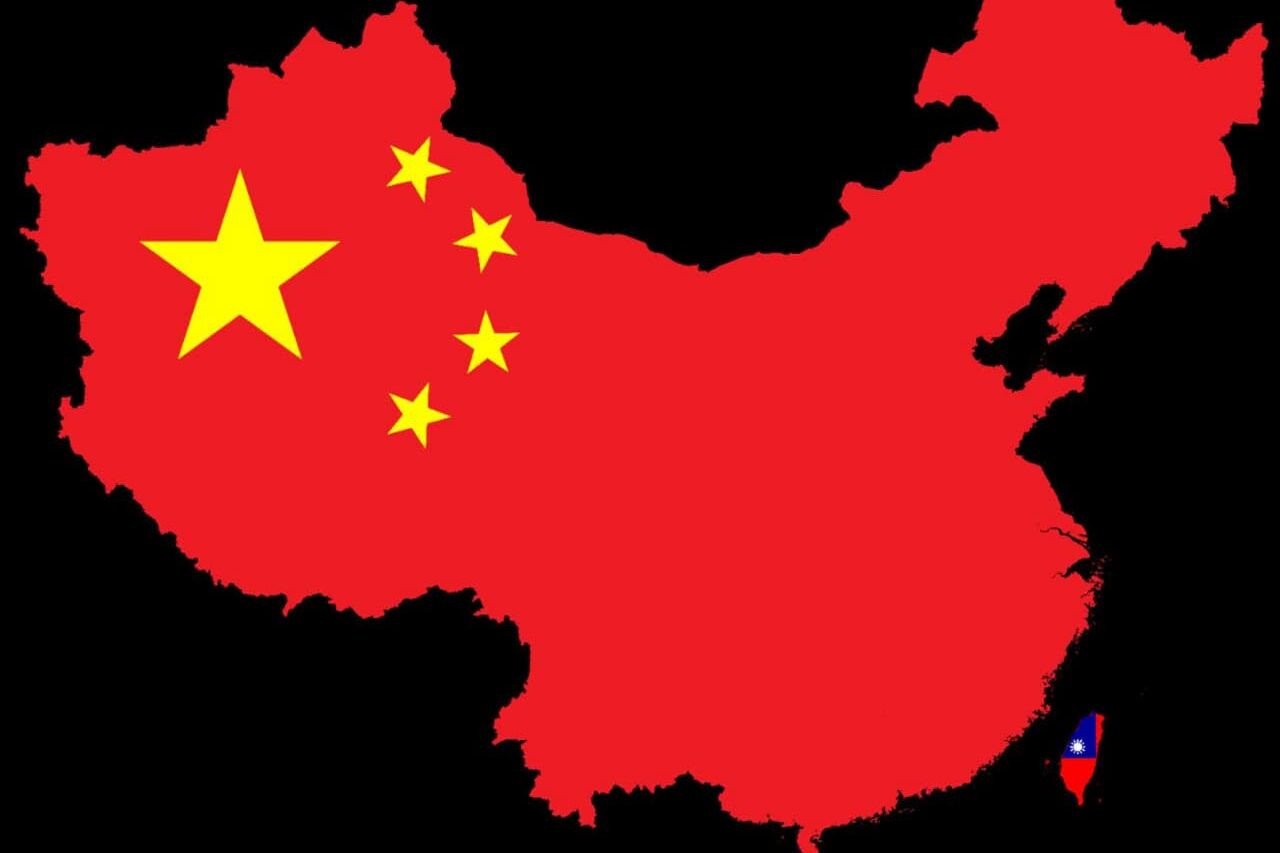The relationship between China and Taiwan has long been marked by political tension and territorial disputes, with the possibility of a Chinese invasion of Taiwan looming as a persistent concern. In recent years, as geopolitical tensions have escalated in the Asia-Pacific region, speculation about the likelihood of such an invasion has intensified. This article seeks to assess the factors contributing to this possibility and analyze the potential implications of such a significant event.
Historical Context:
The historical and political dynamics between China and Taiwan date back to the Chinese Civil War of the 1940s, which resulted in the retreat of the nationalist Kuomintang forces to Taiwan and the establishment of the People’s Republic of China (PRC) on the mainland. Since then, China has claimed sovereignty over Taiwan, viewing it as a renegade province that must eventually be reunified with the mainland. However, Taiwan has developed its own separate government, military, and democratic institutions, with strong support from the United States and other allies.
Current Situation:
In recent years, tensions between China and Taiwan have escalated, fueled by China’s increasing assertiveness on the global stage and Taiwan’s growing international recognition. China has conducted military exercises near Taiwan and engaged in diplomatic efforts to isolate the island on the international stage, while Taiwan has sought to bolster its defenses and strengthen ties with like-minded countries. The United States, in particular, has reaffirmed its commitment to Taiwan’s security, raising concerns about the potential for military conflict in the region.
Factors Contributing to the Possibility of Invasion
The possibility of China’s invasion of Taiwan has been a topic of concern and speculation in the Asia-Pacific region for decades. While both China and Taiwan have expressed a desire for peaceful reunification, tensions persist, fueled by historical, political, and strategic factors. In this article, we will delve into the various factors that contribute to the possibility of China’s invasion of Taiwan and analyze their significance in shaping the dynamic between the two entities.
1. Historical Context:
The historical relationship between China and Taiwan dates back to the Chinese Civil War of the 1940s, which resulted in the retreat of the nationalist Kuomintang forces to Taiwan and the establishment of the People’s Republic of China (PRC) on the mainland. Since then, China has claimed sovereignty over Taiwan, viewing it as a renegade province that must eventually be reunified with the mainland. This historical claim continues to shape China’s stance towards Taiwan and forms the basis of its territorial ambitions in the region.
2. Strategic Interests:
China’s strategic interests play a significant role in driving the possibility of an invasion of Taiwan. Taiwan holds strategic importance for China due to its geographic location, economic potential, and military significance. Control over Taiwan would allow China to consolidate its position in the Asia-Pacific region, project power across the Taiwan Strait, and assert its dominance in regional affairs. Additionally, Taiwan’s proximity to key shipping lanes and strategic chokepoints further amplifies its strategic value for China.
3. Military Capabilities:
China’s military modernization efforts and growing capabilities have enhanced its ability to project force across the Taiwan Strait. The People’s Liberation Army (PLA) has undergone significant reforms and investments in recent years, including the development of advanced weapons systems, naval capabilities, and cyber warfare capabilities. This buildup of military power has bolstered China’s ability to mount a potential invasion of Taiwan and poses a significant challenge to Taiwan’s defense capabilities.
4. Political Objectives:
China’s political objectives also contribute to the possibility of an invasion of Taiwan. The Chinese Communist Party (CCP) views Taiwan’s reunification with the mainland as a core national interest and a key component of its vision for national rejuvenation. As such, the CCP is under pressure to deliver on its promise of reunification and may resort to military force if diplomatic efforts fail to achieve this goal. Moreover, nationalist sentiment and domestic political considerations in China may also influence the CCP’s decision-making regarding Taiwan.
5. International Relations:
China’s relations with other countries, particularly the United States, also play a crucial role in shaping the possibility of an invasion of Taiwan. The United States has a long-standing commitment to Taiwan’s security under the Taiwan Relations Act and has repeatedly reaffirmed its support for Taiwan’s defense. Any move by China to invade Taiwan would likely provoke a strong response from the United States, potentially leading to a major military conflict in the Asia-Pacific region with far-reaching consequences for global security.
Several factors contribute to the possibility of China’s invasion of Taiwan, including historical claims, strategic interests, military capabilities, political objectives, and international relations. While the likelihood of such an event occurring remains uncertain, the potential implications are profound and warrant careful consideration by policymakers and stakeholders.
Conclusion:
In conclusion, the possibility of a Chinese invasion of Taiwan represents a significant challenge to regional security and global stability. While the likelihood of such an event occurring remains uncertain, the potential consequences are profound and warrant careful consideration by policymakers and stakeholders. By assessing the factors contributing to this possibility and analyzing various scenarios, we can better understand the dynamics at play and work towards a peaceful resolution of the Taiwan issue. Ultimately, the goal must be to prevent military conflict and promote dialogue, cooperation, and mutual respect between China and Taiwan for the benefit of all parties involved.

